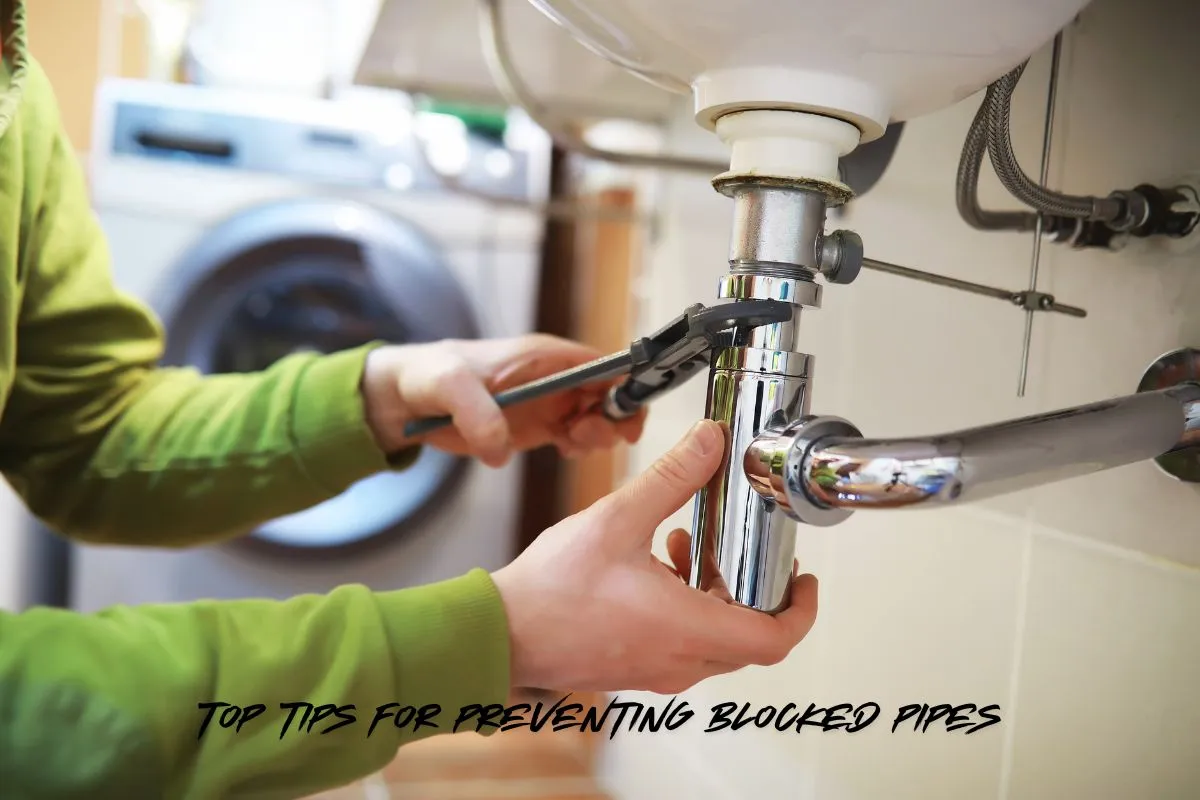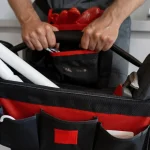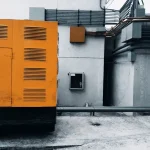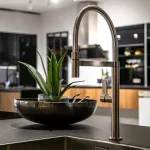Blocked pipes can cause messy overflows, unpleasant odors, and expensive repairs. Fortunately, most clogs are preventable with simple maintenance habits. Whether you’re dealing with kitchen sinks, bathroom drains, or outdoor plumbing, these practical tips will help keep your pipes flowing freely.
1. Mind What Goes Down the Drain
The golden rule of pipe care:
- Never pour fats, oils, or grease down sinks (they solidify in pipes)
- Avoid flushing wipes (even “flushable” ones), sanitary products, or cotton swabs
- Use sink strainers to catch food scraps and hair
Pro Tip: Wipe greasy pans with paper towels before washing.
2. Regular Hot Water Flushes
A simple weekly habit:
- Pour boiling water down drains to melt buildup
- Add baking soda and vinegar monthly for natural cleaning
- Follow with hot water to flush away debris
Warning: Don’t use boiling water on PVC pipes—stick to very hot tap water.
3. Install Drain Screens
Cheap but effective protection:
- Fine mesh screens for shower drains
- Sink strainers in kitchen basins
- Pop-up stoppers with built-in filters
Best for: Homes with long-haired residents or frequent cooking.
4. Proper Septic System Care
For homes with septic tanks:
- Schedule annual inspections with septic tank services in Surrey
- Pump the tank every 3-5 years (depending on usage)
- Avoid harsh chemicals that kill beneficial bacteria
Did You Know? Just 1 teaspoon of cooking oil can coat an entire septic system’s pipes!
5. Tree Root Prevention
Outdoor pipe protection:
- Avoid planting trees near sewer lines
- Consider root barriers for existing trees
- Schedule CCTV drain surveys if you suspect intrusion
6. Smart Garbage Disposal Use
If you have one:
- Run cold water while operating
- Cut waste into small pieces
- Never put fibrous foods (celery, corn husks) or bones in it
Alternative: Compost food waste instead.
7. Know Your Pipe Layout
Understanding your home’s plumbing:
- Locate main cleanout access points
- Identify where pipes run under floors/yards
- Mark shut-off valves clearly
8. Address Slow Drains Immediately
Early intervention prevents complete blockages:
- Use a plunger at first signs of slow drainage
- Try a drain snake before reaching for chemicals
- Call professionals if DIY methods fail
9. Seasonal Pipe Prep
Weather-specific care:
- Winter: Insulate exposed pipes to prevent freezing
- Autumn: Clear gutters to avoid overflow into drains
- Spring: Check for winter damage
10. Professional Maintenance
When to call experts:
- Recurring clogs in the same location
- Multiple blocked drains simultaneously
- Sewage odors or gurgling sounds
Final Thoughts
Preventing pipe blockages is far easier (and cheaper) than dealing with backups. By being mindful of what goes down your drains, performing regular maintenance, and enlisting septic tank services in Surrey when needed, you can avoid most plumbing disasters.









